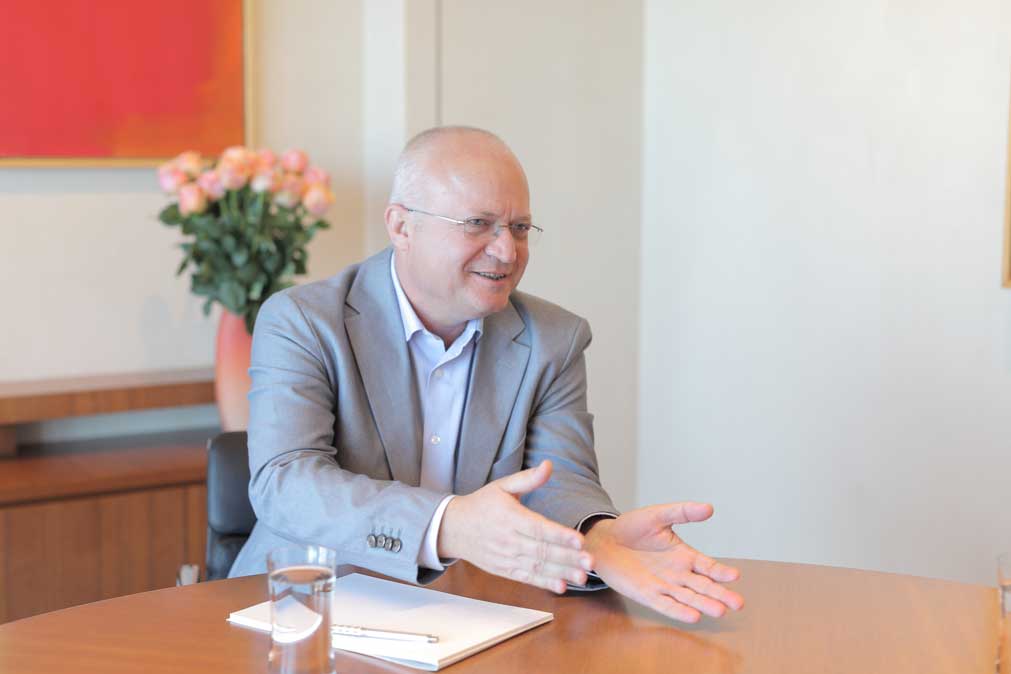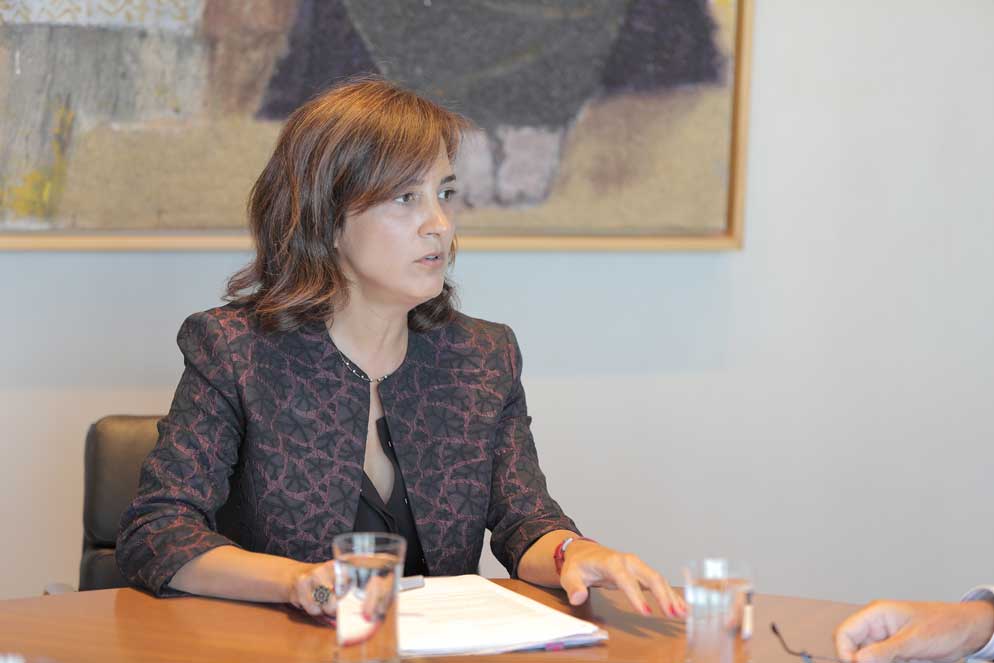Businesspeople as Social Leaders
This chapter starts with society’s view of businesspeople and then examines what businesspeople can do with respect to social issues. The conversation touches on charity in Turkey, education, equal opportunity, and the relationship between the private sector and NGOs.
Bülent Eczacıbaşı’s analysis of the topic is based on personal experiences and the Eczacıbaşı Group’s social responsibility projects. He examines the evolution of private-public sector dialogue in Turkey and shares his thoughts about the importance of having a powerful civil society and a robust approach to social responsibility.


